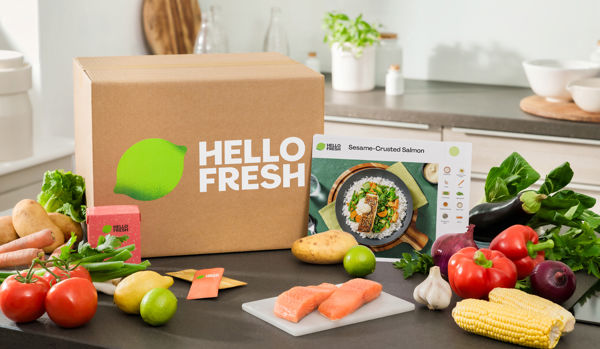Unless you are allergic to them pregnant or breastfeeding women don’t need to avoid foods that can trigger an allergic reaction.
If your baby has an allergy such as diagnosed food allergy or eczema, or if there is a family history of food allergies, eczema, asthma or hay-fever, you may need to be careful when introducing foods.
When you start introducing solid food to your baby introduce the foods that could trigger an allergy one at a time, in very small amounts, so that you can spot any reaction.
These foods are;
- Cows’ milk
- Eggs
- Foods that contain gluten, including wheat, barley and rye
- Nuts and peanuts
- Seeds
- Soya
- Shellfish
- Fish
Once introduced these foods should become part of your baby’s usual diet to minimise the risk of allergy. Evidence has shown that delaying the introduction of peanut and eggs may increase the risk of developing an allergy to these foods.
Lots of children outgrow their allergies to milk and eggs, but peanut allergies are usually lifelong. An allergic reaction can consist of one or more of the following;
- Diarrhoea or vomiting
- A cough
- Wheezing and shortness of breath
- Itchy throat and tongue
- Itchy skin or rash
- Swollen lips and throat
- Runny or blocked nose
- Sore, red and itchy eyes
Some foods can cause a severe allergic reaction (anaphylaxis) that can be life-threatening. Get medical advice if you think your child is having an allergic reaction to a particular food





